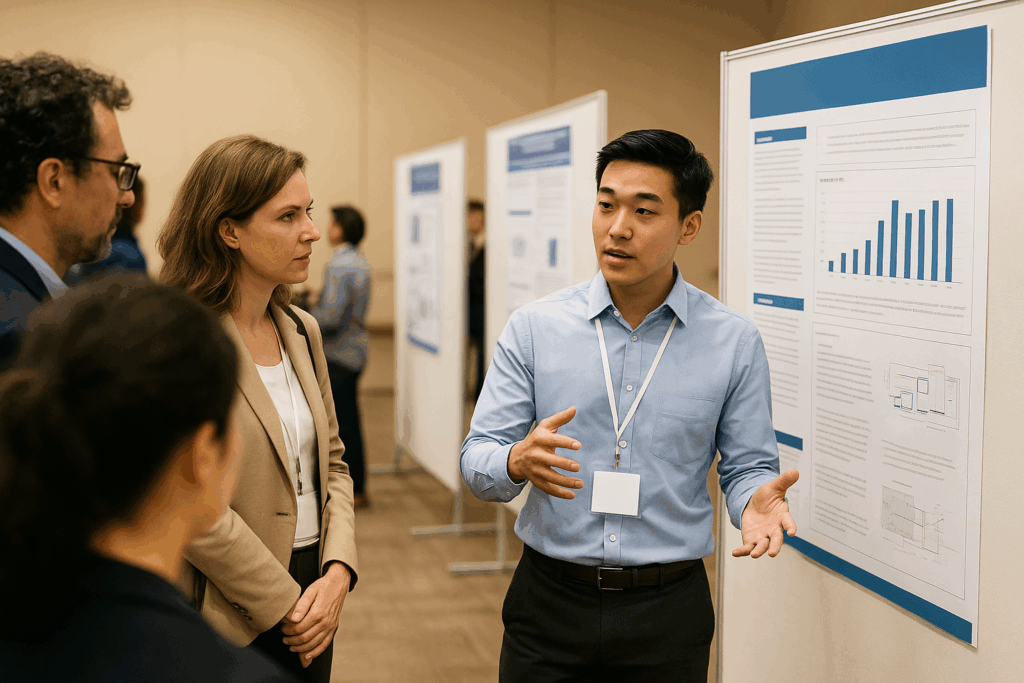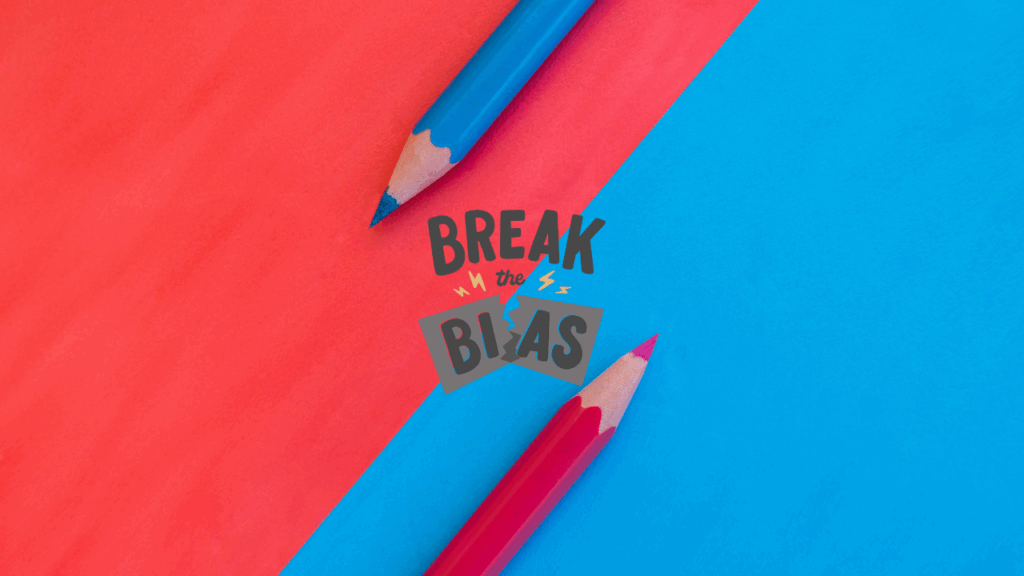Gaming of peer review, parenting in academia, academics’ “guilty pleasures,” and much more! (Good reads, June 2019)

As we have come to the end of June, let us look back at all the exciting conversations that transpired in academia this month. The scholarly publishing world was buzzing with some of the most thought-provoking conversations this month too – from gaming of peer review comments to dealing with harsh peer review comments and a new design for conference posters to academic’s guilty pleasures, there is much to think about!
If you’ve been too busy to catch up with all of these goings-on, do not worry because we have been following these interesting conversations and curated a great list for you. Read on to know more about the hot topics and goings-on of the scholarly communication universe this month! Enjoy reading!
1. Are authors “gaming” peer review? The contribution of peer reviewers is significant in enhancing and controlling the quality of scientific literature. However, much to the concerns of academics, researchers are “gaming” peer review, observe Jens P. Goetze and Jens F. Rehfeld, both professors in the Department of Clinical Biochemistry at Rigshospitalet, University of Copenhagen, Denmark. In an article published in The Scientist, they noted two author-behavior trends that are gaining popularity in academia: 1) Authors submit their manuscripts to high-impact journals despite anticipating a low chance of acceptance to gain high quality feedback from reviewers that are appointed by these influential journals. Even if the manuscript gets rejected, the researchers can gain constructive feedback that can help them improve their manuscript. 2) Authors submit their manuscripts to a journal with medium impact and if it gets accepted, instead of following up with the submission process, they withdraw the manuscript and submit it to another journal with a high impact factor. Although such practices may not seem like a problem to the researchers, they raise some ethical concerns. This thought-provoking article questions whether this behavior of authors is fair to the editors, the peer reviewers, and to the journal itself. Goetze and Rehfeld urge the academic community to adopt ethical practices for publishing as “attempts to take advantage of the system might advance individual careers, but will do little for science.”
2. Handling negative peer review comments: Peer review comments can help researchers improve their work but only as long as they are presented in a constructive manner, says this interesting article on Times Higher Education. It shares researchers’ experiences of receiving harsh and highly negative comments on their manuscripts, especially from “reviewer 2.” The discussion around unconstructive review comments started after Suzanne Young, lecturer in criminal justice at the University of Leeds, tweeted about how she decided to withdraw a manuscript when she found a reviewer’s comments “rude.” Anecdotes from other researchers revealed reviewer comments such as “This work is useless. Nothing is presented.” Jason Werr, lecturer in criminology and criminal justice at De Montfort University, insists that these stories must be shared “especially for early career researchers who are much more vulnerable in this regard.” He adds that a reviewer’s role is to facilitate academic publication and not to “bruise and batter” those trying to be a part of academic publishing. Adding to the conversation, Alastair Sloan, head of Cardiff University’s dental school, advises peer reviewers to “remain impartial at all times.” Meanwhile, many journals and publishers are experimenting with more transparent forms of peer review like eLife’s trial where reviewers’ comments were published alongside the paper.
3. Is “better poster” the new way of doing conference posters?: Mike Morrison, a young doctoral student at Michigan University has made academia question the worthwhileness of the traditional conference poster layout by introducing a new poster style that is now trending on Twitter under the hashtag #betterposter. Morrison’s poster style went viral on Twitter after he shared a video demonstrating his new poster design. In this video, he points out that poster visitors miss out on a lot of information as they lack enough time to engage with the detailed posters presented at conferences. Due to this, a lot of valuable information does not reach the relevant audience, hampering the progress of science. To help academics deal with this issue, Morrison has proposed a new poster design where the main findings of the study are written in the middle of the poster in plain language and a big font size to make it readable from a distance as people are moving about. The relevant figures and data are presented at the side to aid the presenter explain the findings. A QR code is placed below the main findings and viewers can get a link to the complete study by scanning that code. While some researchers have started sharing their work using Morrison’s design, a debate has ensued about the merits of this new design. In the meantime, Morrison is studying the effects of different poster styles to find out if less crammed up posters actually help people absorb and retain information. Do you think Morrison’s “better poster” will be able to make a mark in academia?
4. How researcher-parents juggle between fieldwork and parenting: In this interesting Nature article, parents in academia share their experiences of how they manage fieldwork while taking care of their children. At times researchers may have to take their children on fieldwork trips and this can be challenging. Such trips require more planning when you are travelling with children, says Kelly Dombroski, a human geographer at the University of Canterbury in Christchurch, New Zealand, who researched parenting techniques for travelling with an infant as she planned to take her 3 month-old baby to a fieldwork trip. Some researchers such as Nana Apenem Dagadu who is an advisor at Save the Children, a non-governmental organization in Washington DC believe that hiring caregivers can give some relief to parents and also provide with opportunities to build new relationships. Hiring caregivers may not be possible for everyone, but some researchers can find support in family members, says Kathryn Grace, a geographer at the University of Minnesota, whose husband accompanied her on her work trips. Shifting the focus of research and conducting experiments locally can also be a solution for those researchers who cannot travel, suggests Christopher Lynn, an anthropologist at the University of Alabama in Tuscaloosa who chose to do the same and now runs a laboratory that trains researchers to do local field work. Seeking health insurance and altering work schedules are some of the other hacks that researcher-parents use to ensure that they are able to manage fieldwork and their children well.
5. What are the “guilty pleasures” that academics indulge in? Don’t we all have some guilty pleasures that we like to indulge in secretly but would reject them outright if brought up by someone? Well academics have them too! A tweet from Jack Grove, a reporter at Times Higher Education, asking academics to share their “guilty pleasures” gave us a sneak peek into the softer side of academics’ lives. Grove’s tweet garnered much attention from the academic community and academics shared what they thought were their “guilty pleasures.” In this article, six academics share their guilty pleasure that they would be embarrassed to talk about in front of their colleagues. For instance, Jack Grove admits his love for movies where talking pets go on adventures and those with a happy ending. Jack says that he feels guilty for binge-watching movies while he has deadlines to meet because “giving yourself permission to take a break, even for a mere hour and a half, is not something you do lightly.” Other academics shared more such interesting, fun activities like indulging in reading tarot cards, spending time away boxing, and watching popular reality shows, and attending their finales.
We hope you enjoyed our top picks for this month. Have you come across an interesting conversation that would make for a good read? If you have something you’d like to share, please do so in the comments section below. Do browse through our previous Scholarly Communications Good Reads collections where we regularly feature more such interesting discussions from the scholarly publishing world.
And if you’d like to stay tuned to important happenings in the journal publishing industry, visit our Industry News section.




